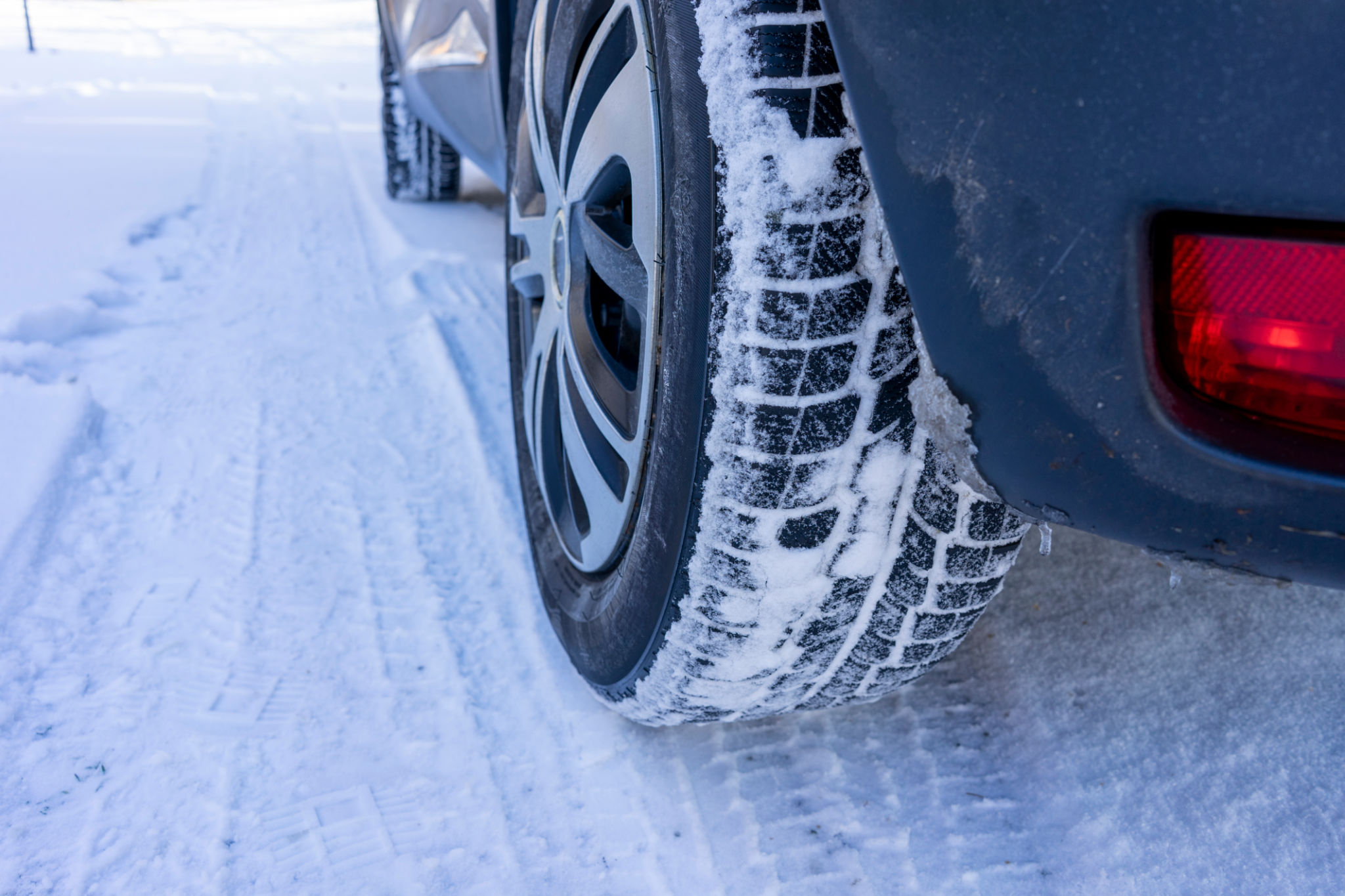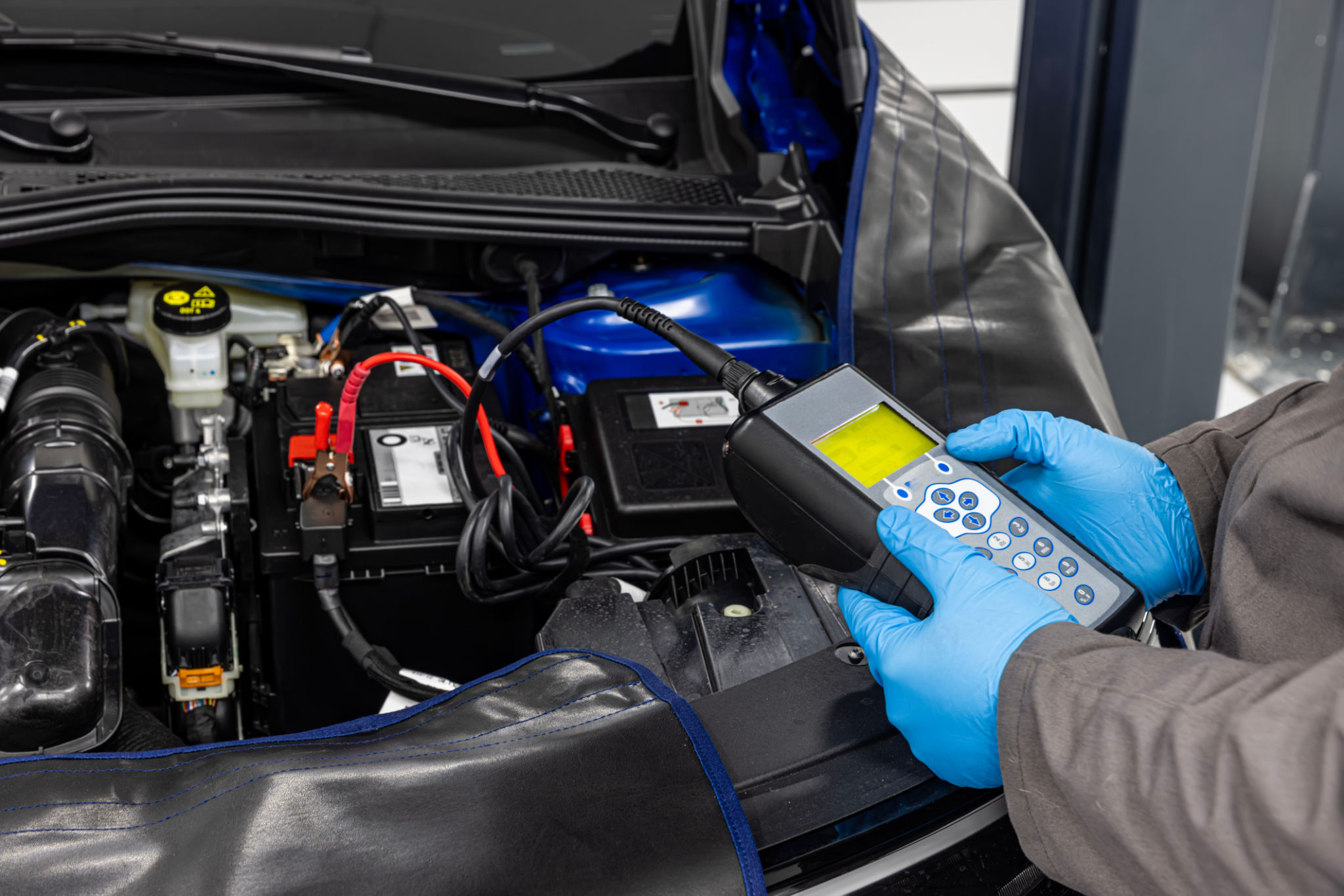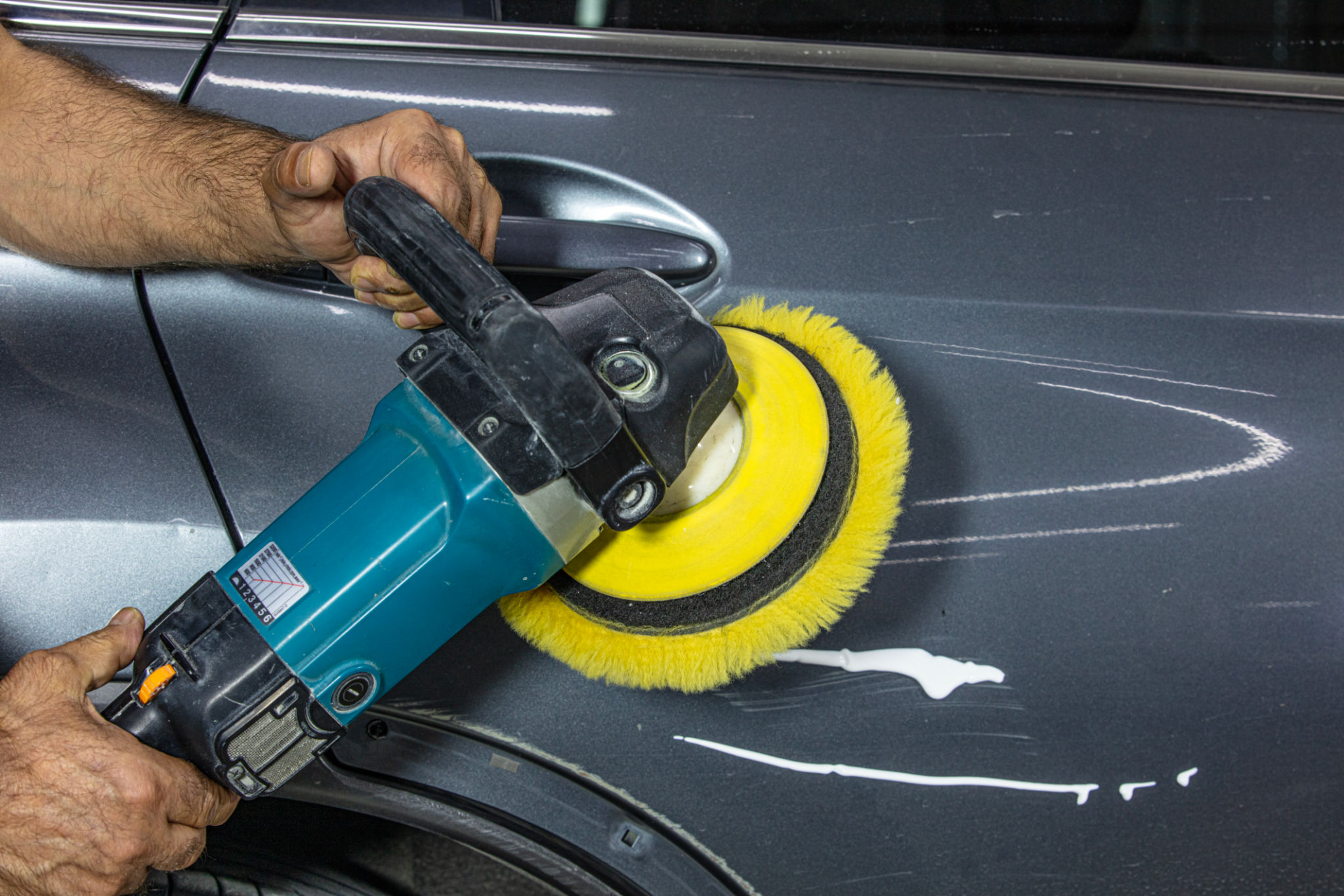Seasonal Car Maintenance Tips: Preparing Your Vehicle for Winter
Check and Replace Your Tires
As winter approaches, one of the first things you should do is inspect your tires. Ensure they have sufficient tread depth to handle slippery roads. If your region experiences heavy snowfall, consider investing in winter tires. These are designed to provide better traction in snowy and icy conditions.

Regularly checking the tire pressure is also crucial, as cold weather can cause it to drop. Maintaining the correct pressure ensures optimal contact with the road, improving safety and fuel efficiency. Consult your vehicle's manual for the recommended pressure levels specific to your car model.
Inspect Your Battery
Winter weather can be particularly harsh on car batteries. Low temperatures reduce their capacity, making it harder for your vehicle to start. It's important to check your battery's condition before winter sets in. Look for signs of corrosion on the terminals and clean them if necessary.
If your battery is more than three years old, consider having it tested by a professional to ensure it still holds a charge effectively. Replacing an old or weak battery before the coldest months arrive can save you from unexpected breakdowns.

Top Up Fluids
Another essential aspect of winter preparation is ensuring all vehicle fluids are topped up. Check your engine oil, brake fluid, and transmission fluid levels, topping up where necessary. Using a thinner oil can be beneficial in colder climates as it circulates more easily during startups.
Don't forget about your windshield washer fluid either. Opt for a winter-specific formula that won't freeze in low temperatures, ensuring you maintain clear visibility regardless of the weather conditions.

Maintain Your Heating System
A functional heating system is crucial for comfort and safety during winter driving. Make sure your car's heater and defroster are working properly before the cold weather hits. Test the system and listen for any unusual noises or signs of malfunction.
If you notice any issues with the heating system, it's best to address them promptly. A professional mechanic can diagnose and fix problems, ensuring you stay warm and your windshield remains clear throughout the winter months.
Protect Your Vehicle's Exterior
Winter can be tough on a vehicle's exterior due to salt and road grime buildup. To protect your car's paintwork, consider applying a quality wax before winter sets in. This creates a barrier against corrosive elements, preserving your vehicle's finish.

Additionally, regularly washing your car during winter helps remove salt and other harmful residues that can lead to rust. Pay special attention to the undercarriage, where these substances tend to accumulate most.
Emergency Kit Essentials
Finally, prepare an emergency kit to keep in your car throughout the winter months. This kit should include essentials like a flashlight, blankets, extra clothing, water, and non-perishable snacks. Having jumper cables, a first-aid kit, and a small shovel can also be invaluable in case of emergencies.
By taking these steps to prepare your vehicle for winter, you'll be better equipped to handle whatever the season throws at you. Safe travels!
